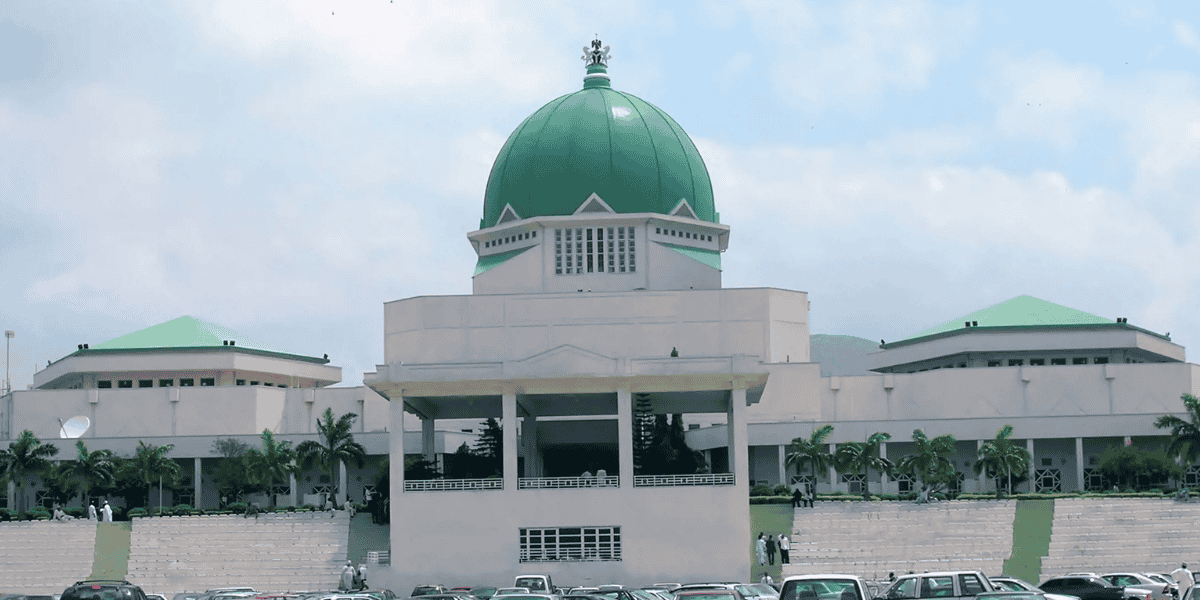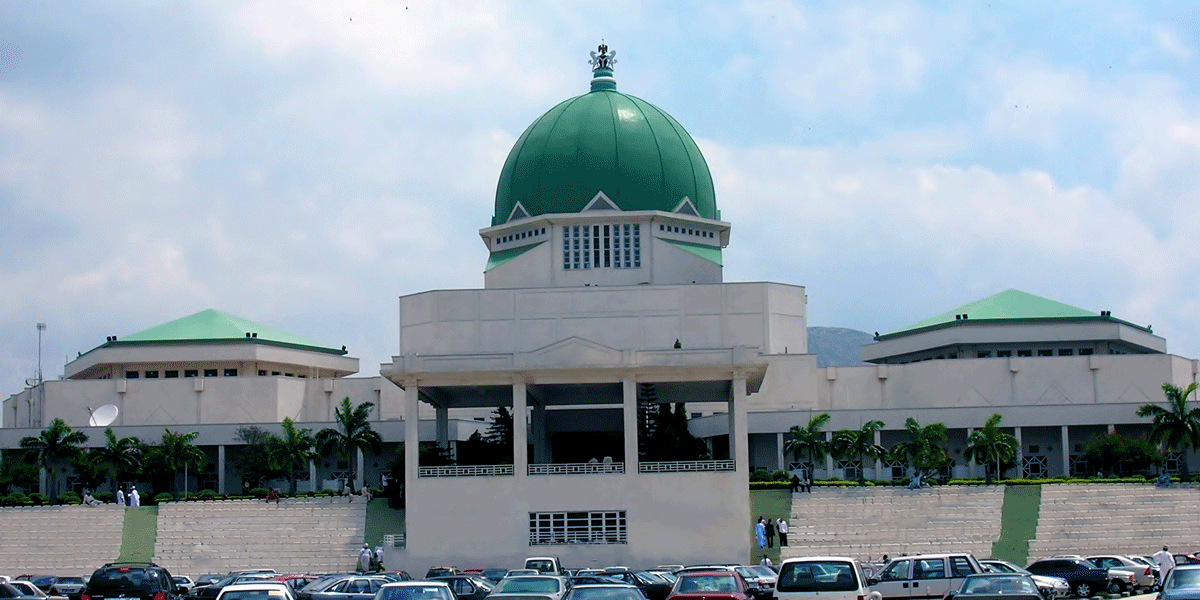In a speech to the National Assembly on 6 January 2016 the IMF Managing Director summarized the global and regional economic position and the implications for national policy. The sub-Saharan Africa region is entering a period of reduced commodity prices and capital flows, and regional economic growth has fallen. Global growth has also fallen and spillovers are affecting oil-exporting countries such as Nigeria.
To deliver the required standard of public services in education, health and infrastructure the IMF Managing Director suggested that Nigeria must take certain decisions on revenue and expenditure as an immediate priority.
The Managing Director suggested that the country should act with resolve to step up revenue mobilization. The first step is to broaden the tax base by improving compliance and enhancing collection efficiency, to avoid gaps in revenue resulting from tax remaining uncollected. This would further strengthen public finances to meet the Nigeria’s large expenditure requirements.
Another suggestion is that an increase in the rate of value added tax (VAT) should be considered. The current VAT rate is among the lowest in the world and well below the rates in other member countries of the Economic Community of West African States (ECOWAS). There is therefore some room for a VAT increase to further improve the revenue position.












